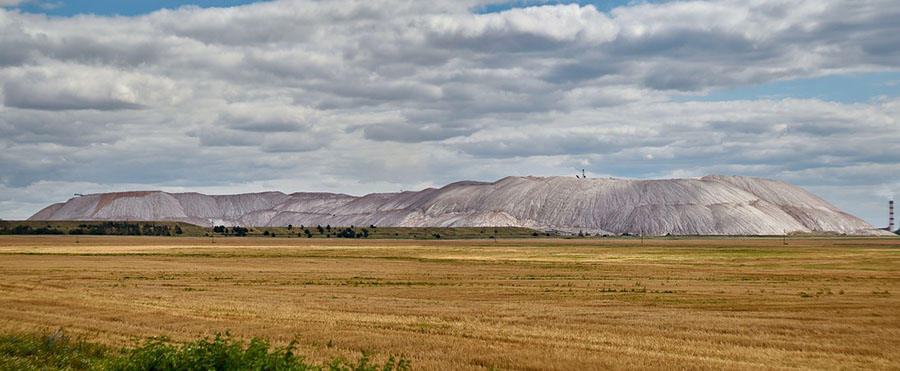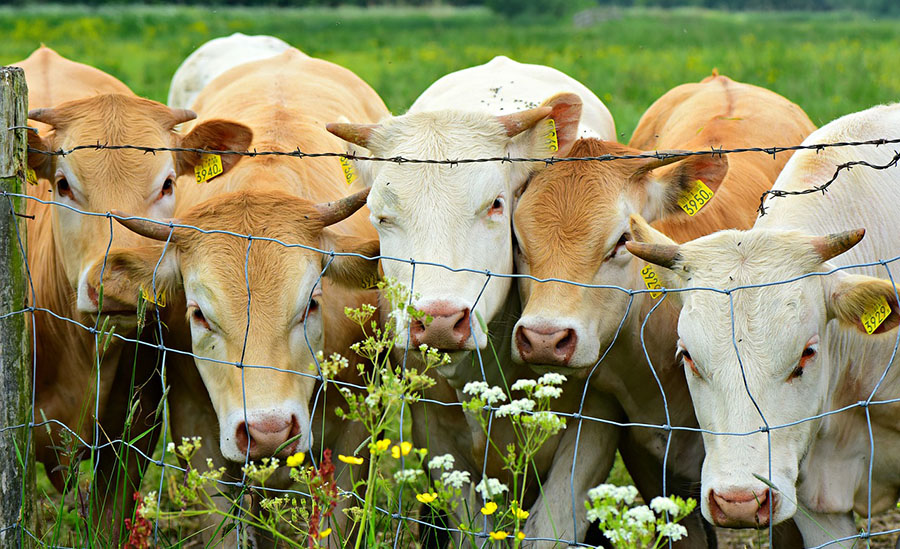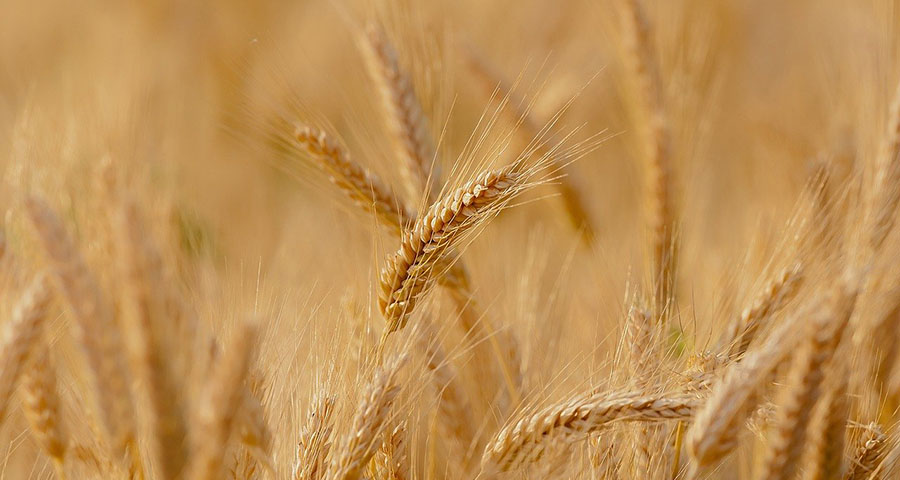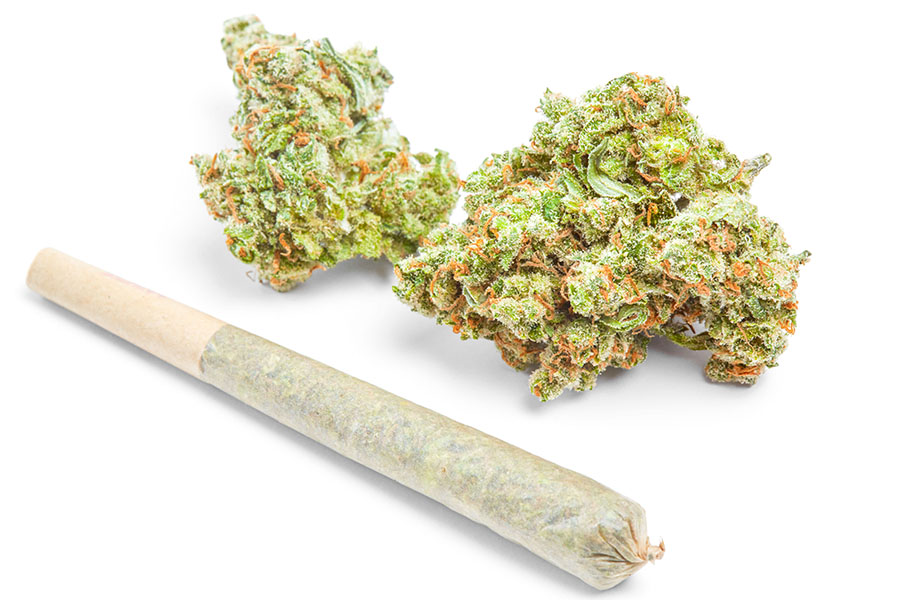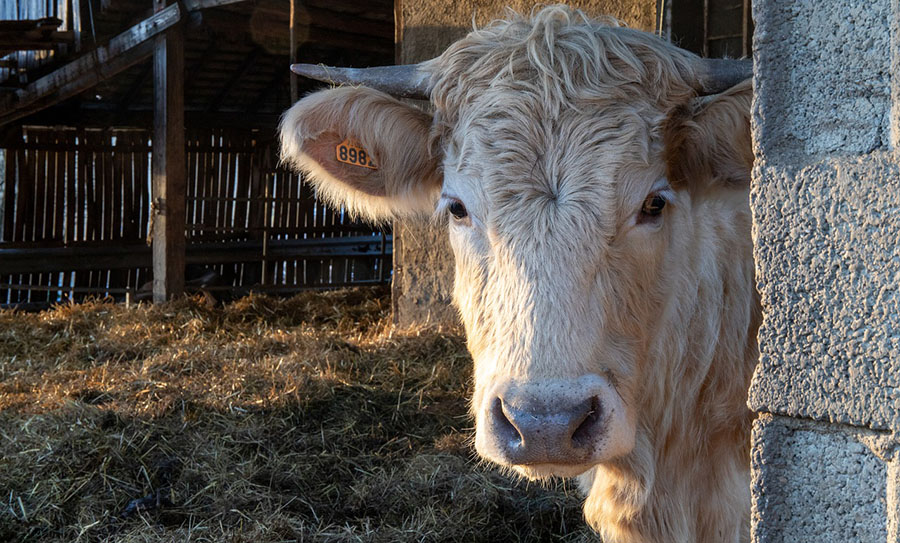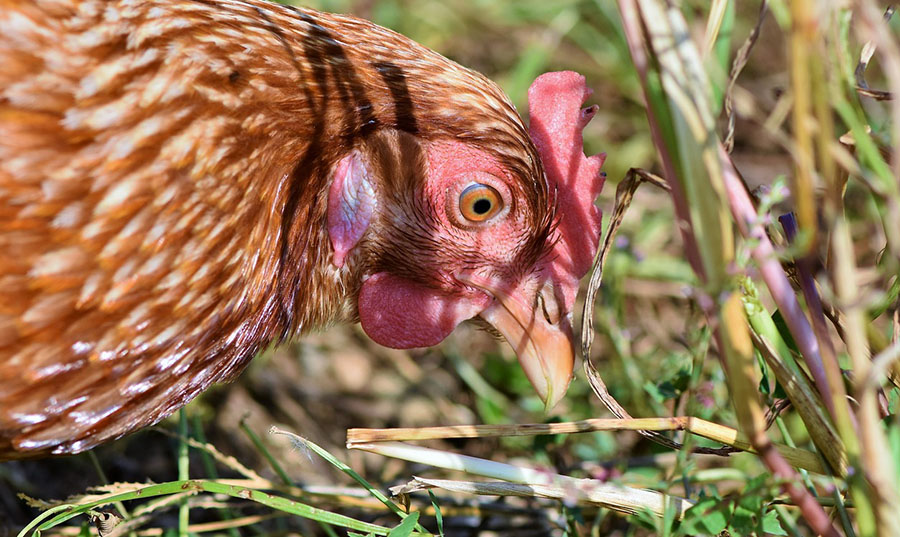End of Potash Import Ban Good News for EU Farmers
Source: EuroActiv, John Scollay (7/20/11)
"The potash market has changed beyond recognition since the EU's anti-dumping measures were put in force."
EuroActiv, John Scollay
The potash business is equally unique. It is produced by a small, consolidated group of multinational companies in only 12 locations around the world. Europe, with limited mines, relies on imports, the closest source of which is Belarus, followed by Israel and Russia.
Since 1992, the European Union has had anti-dumping measures in place against potash imports from Russia and Belarus that prevent low priced product entering the single market. The restrictions, however, have had the effect of limiting the availability of reasonably priced supplies of this vital input in food production.
But the potash market has changed beyond recognition since these measures were put in force. The EU industry has been reporting robust and record profits for many years, and the world has changed radically since 1992, when the breakdown of the USSR led to a jump in exports to the EU at low and volatile prices.
The demand for potash has recovered strongly, with potash prices more than doubling since 2007.
A request for an interim review of the measures was supported by a number of organizations in the agricultural sector, including the National Farmers' Union and several potash importer associations.
Several members of the agriculture committee of the European Parliament also emphasized to that the anti-dumping measures were harming European agriculture. In the expiry review process, the Commission did not receive a sufficiently substantiated request to maintain the outdated restrictions.
Last week, the European Commission announced that the anti-dumping measures on potash imports from Russia and Belarus will expire as of 13 July 2011.
In the short term, the decision paves way for imports, eases supply concerns and allows European farmers to choose from a larger range of suppliers of fertilizer. In the long run, it helps secure Europe's production capacity and our ability to produce sufficient food at affordable prices.
The potash business is equally unique. It is produced by a small, consolidated group of multinational companies in only 12 locations around the world. Europe, with limited mines, relies on imports, the closest source of which is Belarus, followed by Israel and Russia.
Since 1992, the European Union has had anti-dumping measures in place against potash imports from Russia and Belarus that prevent low priced product entering the single market. The restrictions, however, have had the effect of limiting the availability of reasonably priced supplies of this vital input in food production.
But the potash market has changed beyond recognition since these measures were put in force. The EU industry has been reporting robust and record profits for many years, and the world has changed radically since 1992, when the breakdown of the USSR led to a jump in exports to the EU at low and volatile prices.
The demand for potash has recovered strongly, with potash prices more than doubling since 2007.
A request for an interim review of the measures was supported by a number of organizations in the agricultural sector, including the National Farmers' Union and several potash importer associations.
Several members of the agriculture committee of the European Parliament also emphasized to that the anti-dumping measures were harming European agriculture. In the expiry review process, the Commission did not receive a sufficiently substantiated request to maintain the outdated restrictions.
Last week, the European Commission announced that the anti-dumping measures on potash imports from Russia and Belarus will expire as of 13 July 2011.
In the short term, the decision paves way for imports, eases supply concerns and allows European farmers to choose from a larger range of suppliers of fertilizer. In the long run, it helps secure Europe's production capacity and our ability to produce sufficient food at affordable prices.



